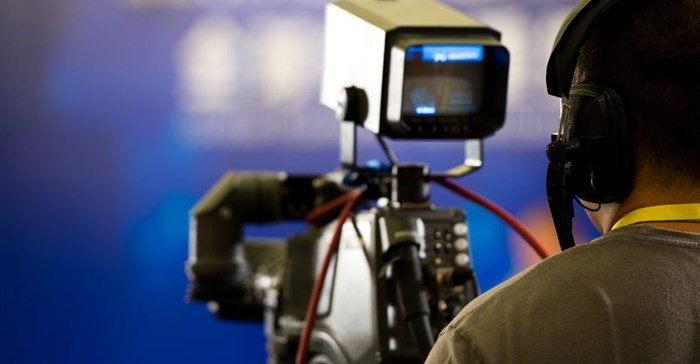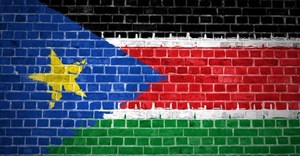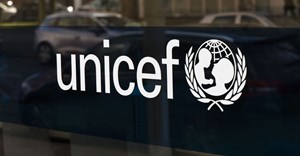
Media called on to report on ravages of famine

In the open letter, journalists have been told they can make a difference through reporting on the famine in Africa in the World Council of Churches’ ‘Call to Action to End Famine’.
The letter reads as follows:
“As a journalist you are valuable, and you can make a difference by depicting the situation in the world in 2017. Both local and global are equally important. Thank you for the work that you do. Thank you for being a journalist and bringing us stories.
I want you to ask you to do something in your role as a journalist... The worst famine since World War Two is currently in progress in Africa. The harvests have failed. Famine has been declared by the United Nations in South Sudan; while Somalia, Nigeria, and Yemen are on the brink of famine. The situation has been precipitated by a deadly combination of drought, conflicts, marginalisation and weak governance.
Across these regions, about 20 million people are experiencing alarming hunger and are at risk of starvation, while millions more suffer from drought and food shortages. Malnutrition is having a disastrous impact and, as ever, children are among the worst affected, becoming increasingly vulnerable and affected negatively for life. In fact, 1.4 million children could die of starvation in the coming months.
Additionally, 27 million people lack access to safe water, increasing the threat of cholera and spreading other water-borne diseases. But it’s unusually quiet in the media. Why? It’s our responsibility – yours and mine – to tell people about this acute crisis. In the shadow of the war in the Middle East, almost 20 million people have been afflicted by famine and starvation in Africa. This has been going on for several months.
It’s time to take action. Before it’s too late. It may already be too late for many people who lack water or food. It’s time to take action – to pray for food for all, to donate to humanitarian aid organizations ready to help, for the world’s countries to join forces and provide help, and for the media to put the spotlight on the disaster that is occurring.
I am appealing to all journalists and media to report on the famine, to give those affected the opportunity to talk about the disastrous situation they are in. The media plays a key role in democracy in the world, in narrating and reporting the truth.
It is crucial in terms of allowing local voices to be heard, highlighting issues and making a difference in the world – for a more just and peaceful world. I ask all media to talk about the famine, to talk about the hope-inspiring stories of helping people to help themselves, about churches and humanitarian organisations helping people to survive, about champions who give up their free time to collect money for the needy.
We need you – as professional journalists – to tell the story from various different perspectives. If you need help with local contacts, don’t hesitate to get in touch.
The World Council of Churches and its ecumenical partners have networks and contacts all over the world and we are happy to help with local contacts. We can also provide new images and illustrations from various parts of the world.
On 28–29 June the World Council of Churches and the All Africa Conference of Churches will be holding talks in Nairobi, Kenya about the acute phase of the famine. The media are welcome to take part in and report on these talks.”
The World Council of Churches, with its 348 member churches, and with the All Africa Conference of Churches (AACC) and more than 100 faith-based organisations, is holding a Global Day of Prayer to End Famine on 21 May 2017. Together, they represent one billion people.
Source: African Press Organisation

APO is the sole press release wire in Africa, and the global leader in media relations related to Africa. With headquarters in Dakar, Senegal, APO owns a media database of over 150,000 contacts and the main Africa-related news online community.
Go to: www.bizcommunity.com/PressOffice.aspx?cn=apogroup




